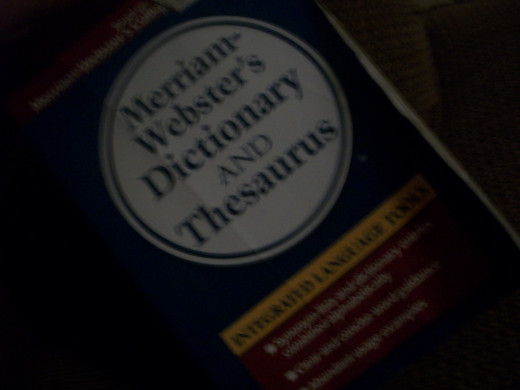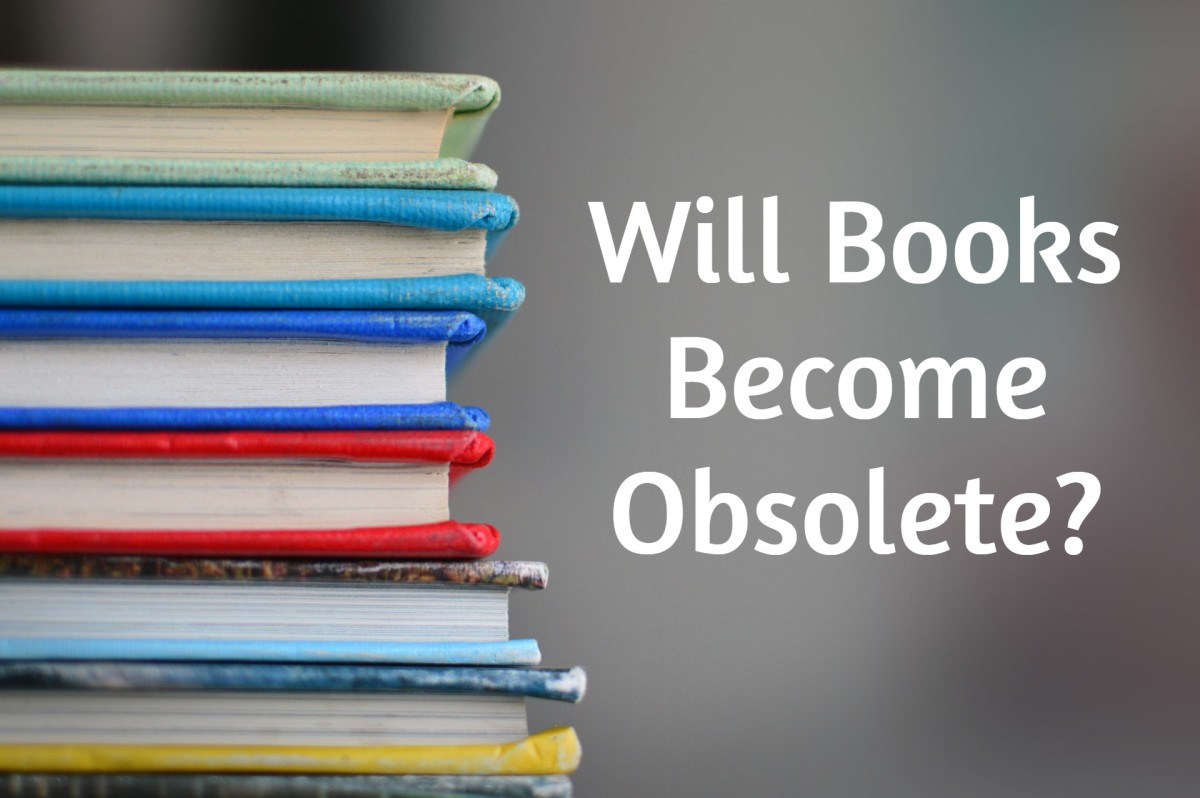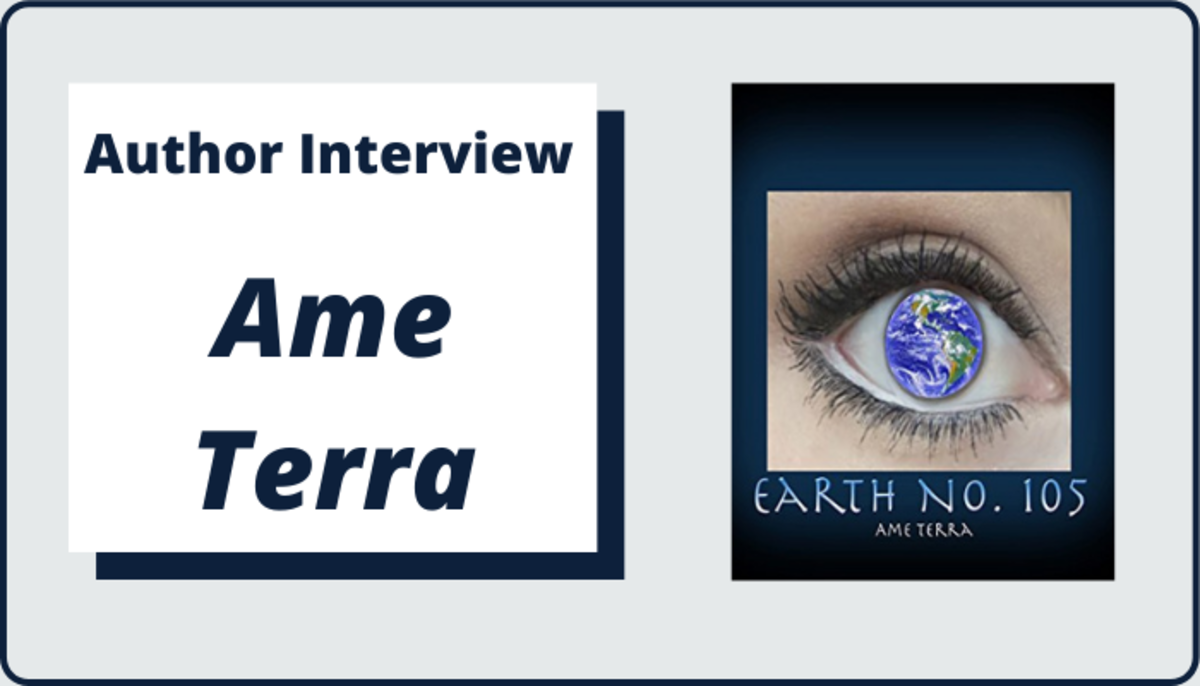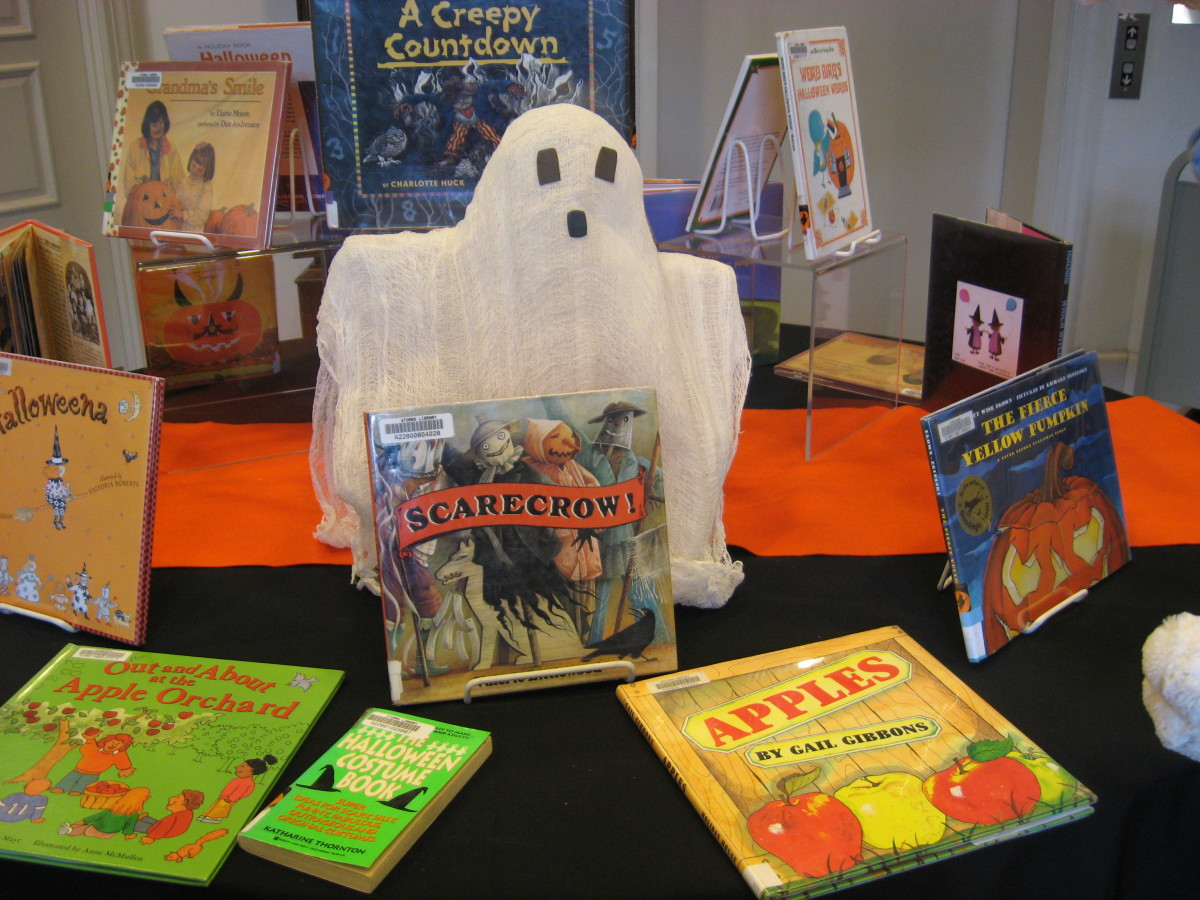Are Books Dead?

The new kid on the block
The intimacy one has with a book, the smell of paper, the heft of weight in your hand, the turning of a page, the ability to flip through and in a matter of seconds find the passage that was so meaningful to you. The pageantry of presentation, the artful dust jacket, the distinctive wear of age, creased pages, underline marks, colorful observations scribbled in the margins. Can it really all be going away?
I grew up in a time of books and computers. By the time I was in high school the internet was just starting to gather real steam. It was an exciting time to be alive, to suddenly be able to have all this information available at just the click of a button, but I never imagined this newfound infatuation would jeopardize the life of a longtime love: books.
Paperless offices, Kindles, EBooks, can this really spell the end of an over two-thousand year old tradition? I used to scoff at the idea, but now I just don’t know. Walk down to your local ma and pa bookstore and what do you see? Very likely a vacant building, a tore down building, a Starbucks. Unless you are very lucky, the place where you used to go to get books, to hobnob with friends, it isn’t there anymore and probably hasn’t been for quite some time.
Go to your local convenience store and checkout the magazine rack. It may even take you a while to find a convenience store with a magazine rack, but when you do, you will notice that it is much smaller than it once was, that there really isn’t all that much to choose from.
Go to your nearest conglomerate mega-bookstore and you may find that it too isn’t there anymore. And if it is still there, you will notice just how few actual books there are. Electronic gadgets, children’s toys, puzzles, board games, office supplies, but books, really not that many, especially for…you know…a bookstore.
Physical Books vs. Virtual Books
No matter how you look at it, it is apparent that interest in good old-fashioned books is waning. Does this mean people are reading less? No, not really. They may even be reading more. They are just opting to get their information fix in the electronic medium.
Is this a potentially dangerous phenomenon? Well, that’s a topic we’ll be exploring in this article. I can tell you from the onset, I hate what has happened to books and magazines. I grew up loving books. For almost as long as I can remember, I have had the dream of having my words published, not in a blog, not on a Kindle, but in a real, actual, bona fide book. I can’t articulate to you how sad it makes me that I may have missed my chance.
But my biases aside, let’s weigh the facts and interject a little logic and just see who comes out the victor: books or electronics.

Convenience
First we’ll look at finding information. In this category the internet has a huge advantage in respect to just finding a fact. If I type in “How nuclear submarines work,” in seconds I get a number of sites, some of which actually explain how nuclear submarines work. Posed with this same task at a library, I’m in for a journey.
First I have to go to the library, and this particular library may or may not have a book on submarines. If it doesn’t, then off to another library. If it does, then off to go find it. This is a process that nerds like me love, but it is not efficient.
When I finally find the book I’m looking for, there is a much better chance that the information contained within is accurate and in-depth than what I find on the internet. But as far as the aspect of efficiently finding something, the book route is inferior in this regard.
But there are other search aspects in which the physical book may still prove superior. Let’s say we are at a book club discussing Moby Dick. Half the club has the book on electronic devices and the other half has a physical copy. One member starts, “Remember the part where…” and another says, “Oh yeah.” And the next thing you know the group is conducting a search for the exact passage.

Who finds it quicker? I know that when we’re talking about a large work, I can find information more quickly in a physical book than in a virtual one. If you’ve read the physical book, you have a sense of space and time. You know which section of the book to flip through to find the excerpt. You can flip through pages quite quickly.
Is this true in say a Kindle? I really don’t know. Though I grew up with computers around, they are not as engrained in my generation as they are in the newer ones. It could be that the young buck with Kindle in hand could beat me to the punch, but I like my chances in this scenario.
I also grew up marking pages and sections of books. It is unusual to see me reading a physical copy I own without a pen or pencil in hand, underlining things I find significant, making notes in the margins. Not only does this make information easier to find, it increases comprehension. I can’t help but think our younger generation is missing out on something by not being able to do this.
And what about the use of a dictionary? I rarely write or read without a dictionary at arm’s length. I can find a definition at a moment’s notice in this fashion. Compare that to the process of bringing a definition up online, and I don’t think there is much difference in speed, but I believe the dictionary route to be a bit faster.
Accuracy and Quality
Next let’s look at validity of information. Whether we are perusing the internet or the local library, we must exercise discretion in regard to what information we choose to except as fact or at least as plausible, but is there more misinformation in physical books or on the internet?
By a goodly margin, there is more misinformation on the internet. That being said, it isn’t all that hard to tell the nonsense from the sensible on the internet, and there is a great deal of solid information in cyberspace.
I stress this because so many of our older generation discredit the internet to the point that one would believe it is only peopled by the ignorant and illiterate. This simply isn’t true, especially if you know how to discriminate between quality sources and irrelevant ones.
But it is still true that a higher level of quality information and informed opinions exist in physically published books than on the web.
Opinion
Do you prefer reading a physical book or a virtual one?
Environmental Impact
What about the environmental aspect? One of the biggest pushes for making our world paperless is the environment. Trees are a renewable source, but they grow slowly. Electronic devices make an environmental imprint to produce, but they can last for a long time and a single electronic device can hold libraries worth of information.
In addition, books take up physical space. They need a great deal of room for housing. An electronic device does not, but they do need energy to function, energy that is often supplied by un-renewable resources.
Yet all in all, it isn’t even close. I hate to say it, but electronic devices are far better for the environment. From the production of paper, a nasty process that takes all manner of chemicals and power, to dye, to building libraries to house them, to everything else that goes into the manufacture and upkeep of books, they just aren’t very good for the world we live in.
Impact on Creative Writing
How about creative writing? In my opinion, the electronic medium really hurts creative writing, especially short stories and poetry. Yes, there are all manner of electronic books, but I still feel like the creative writing arts have kind of been left behind.
This is because the primary focus of internet writing has been information, whether that be factual, political opinion, or tabloid. There is a fair demand for novels, but in my humble opinion, the shorter forms simply aren’t proliferating the way they once did. For entertainment people are more apt to look to videos, games, and gossip than creative writing.

Financial Impact
How do physical books and virtual writing impact our wallets? Again, sadly, the comparison isn’t even close. Buying books and paying for the room to keep them in can cost a fortune. Yes, electronic devices are expensive, but over a lifetime you may only have to purchase a handful of them.
Furthermore, a subscription to the internet gives us access to an almost infinite amount of information. Subscriptions to online book providers likely give us access to more information than all our local libraries combined. Then there is fuel cost. Back and forth from the library or bookstore, such things add up quickly these days.
Can you imagine if all learning institutions went to electronic books? The initial cost would be tremendous, but the savings would soon be apparent. Textbooks cost a fortune. Housing these books takes up valuable classroom space. Every few years you have to get a brand new, updated book.
There would still be costs, but the electronic versions of books would cost far less to produce and purchase.

Opinion
Do you think the following generations would miss out if physical books became obsolete?
Conclusion
It is seldom that logic brings me to a conclusion I hate, but I’m on the ledge now. All things considered, electronic books look to be the better move for the future. Do I like this? No. I positively hate it. I hate it so much, that I am imploring you, gentle reader, please convince me otherwise.
A vision that makes my skin crawl: I am not a particularly religious person, but I do stop by the church from time to time to reflect and find solace. Can you imagine the preacher saying, “Now pick up the Kindle in front of you and hit the icon that reads, ‘The Book of Job’”? I don’t know why, but this just seems wrong to me. Maybe some churches are already doing this?
I do still believe that physical books are superior on a few levels, but assuming that some physical copies are kept by publishers in case the grid ever goes down and that we do find a way to proliferate all forms of creative writing electronically, a paperless world is better, I guess.
Just a matter of time before they find a way to virtually wipe your…never mind. When did I become a cranky old man?









